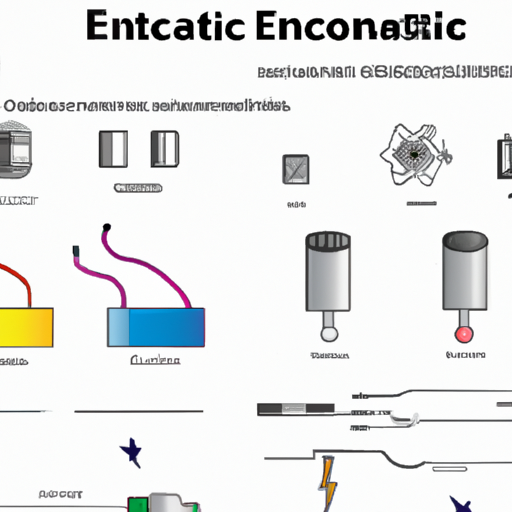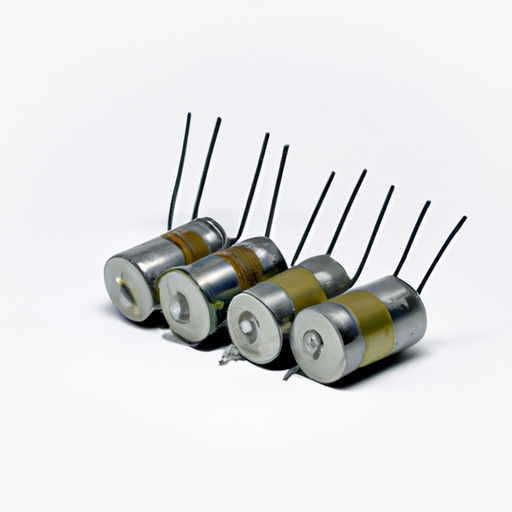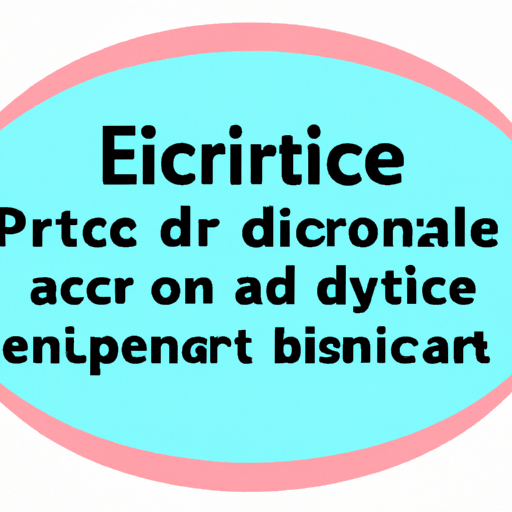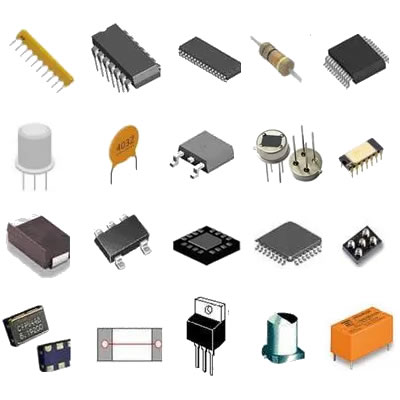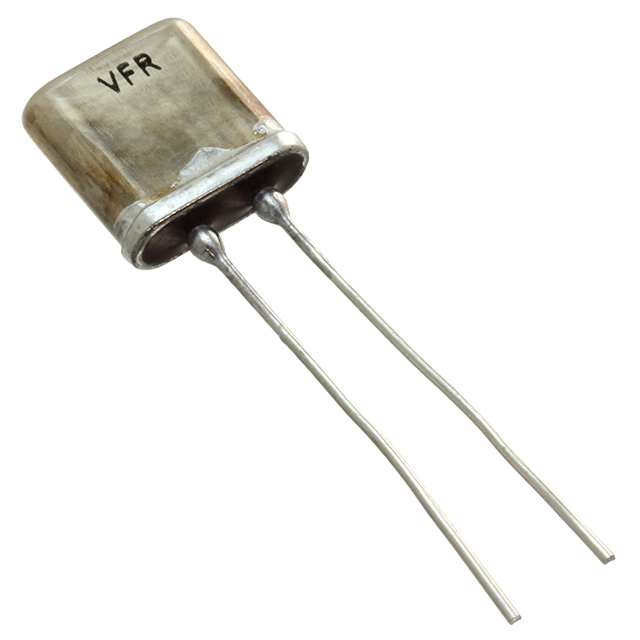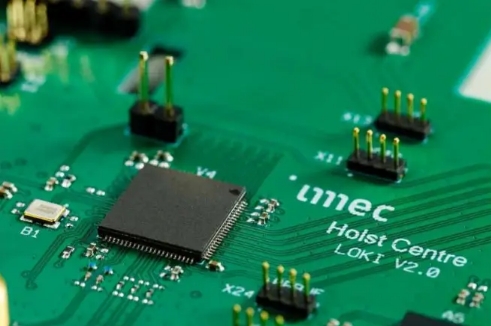What kind of product is an overload capacitor?
What Kind of Product is an Overload Capacitor?
I. Introduction
In the realm of electrical engineering, capacitors play a pivotal role in ensuring the smooth operation of various systems. Among the different types of capacitors, overload capacitors stand out due to their specific function in protecting electrical circuits from excessive current and overheating. This article delves into the definition, functionality, types, applications, benefits, and challenges associated with overload capacitors, providing a comprehensive understanding of this essential component in modern electrical systems.
II. Understanding Capacitors
A. Basic Principles of Capacitors
Capacitors are passive electronic components that store and release electrical energy. They consist of two conductive plates separated by an insulating material known as a dielectric. When a voltage is applied across the plates, an electric field is created, allowing the capacitor to store energy. The primary function of capacitors is to store energy for later use, making them crucial in various applications.
1. Definition and Function
The fundamental purpose of a capacitor is to store electrical energy temporarily and release it when needed. This ability to store energy makes capacitors vital in smoothing out fluctuations in electrical signals and providing power during brief interruptions.
2. Types of Capacitors
There are several types of capacitors, including ceramic, electrolytic, tantalum, and film capacitors, each with unique characteristics and applications. The choice of capacitor type depends on factors such as capacitance value, voltage rating, and intended use.
B. Role of Capacitors in Electrical Circuits
Capacitors serve multiple functions in electrical circuits, including:
1. Energy Storage
Capacitors can store energy and release it when required, making them essential in applications like power supplies and energy storage systems.
2. Voltage Regulation
Capacitors help maintain a stable voltage level in circuits, preventing voltage spikes that could damage sensitive components.
3. Power Factor Correction
In AC circuits, capacitors can improve the power factor, which is the ratio of real power to apparent power. This correction enhances the efficiency of power systems, reducing energy losses.
III. What is an Overload Capacitor?
A. Definition and Purpose
An overload capacitor is a specialized type of capacitor designed to protect electrical systems from excessive current and overheating. These capacitors are engineered to handle temporary overload conditions, ensuring that the electrical components remain safe and operational.
B. How Overload Capacitors Differ from Standard Capacitors
While standard capacitors are used for general energy storage and voltage regulation, overload capacitors are specifically designed to withstand higher currents and voltages for short periods. This capability makes them essential in applications where sudden surges in current can occur, such as in motors and industrial equipment.
C. Common Applications of Overload Capacitors
Overload capacitors are commonly used in various applications, including:
- Motor start capacitors that provide the necessary boost to start electric motors.
- Power distribution systems that require protection against overload conditions.
- HVAC systems that need to manage high starting currents.
IV. Working Mechanism of Overload Capacitors
A. Electrical Characteristics
1. Capacitance Value
The capacitance value of an overload capacitor is crucial, as it determines how much energy the capacitor can store. This value is typically higher than that of standard capacitors to accommodate the demands of high-current applications.
2. Voltage Rating
Overload capacitors are designed with specific voltage ratings to ensure they can handle the electrical stress during overload conditions. Selecting a capacitor with an appropriate voltage rating is essential to prevent failure.
B. How Overload Capacitors Protect Electrical Systems
1. Preventing Overheating
Overload capacitors help dissipate excess energy during overload conditions, preventing overheating of electrical components. This protection is vital in maintaining the longevity and reliability of the system.
2. Managing Excess Current
By temporarily absorbing excess current, overload capacitors prevent damage to sensitive components, ensuring the system operates smoothly even during peak loads.
C. Interaction with Other Components in a Circuit
Overload capacitors work in conjunction with other circuit components, such as fuses and circuit breakers, to provide comprehensive protection. Together, these components create a robust safety net for electrical systems.
V. Types of Overload Capacitors
A. Fixed Overload Capacitors
Fixed overload capacitors have a predetermined capacitance value and voltage rating. They are commonly used in applications where the electrical load is consistent and predictable.
B. Variable Overload Capacitors
Variable overload capacitors allow for adjustments in capacitance, making them suitable for applications with fluctuating loads. These capacitors provide flexibility in managing energy storage and release.
C. Specialty Overload Capacitors
Specialty overload capacitors, such as motor start capacitors, are designed for specific applications. Motor start capacitors provide the necessary boost to start electric motors, while other specialty capacitors may be tailored for unique industrial needs.
VI. Applications of Overload Capacitors
A. Industrial Applications
1. Motors and Generators
Overload capacitors are widely used in industrial motors and generators to manage high starting currents and protect against overload conditions.
2. Power Distribution Systems
In power distribution systems, overload capacitors help maintain stability and prevent damage to transformers and other critical components.
B. Residential Applications
1. HVAC Systems
In residential HVAC systems, overload capacitors play a crucial role in managing the high starting currents of compressors and fans, ensuring efficient operation.
2. Home Appliances
Many home appliances, such as refrigerators and washing machines, utilize overload capacitors to protect their motors from damage during startup.
C. Commercial Applications
1. Lighting Systems
Overload capacitors are used in commercial lighting systems to manage the inrush currents associated with fluorescent and LED lights.
2. Elevators and Escalators
In elevators and escalators, overload capacitors help ensure smooth operation by managing the high starting currents of motors.
VII. Benefits of Using Overload Capacitors
A. Enhanced System Reliability
By protecting electrical systems from overload conditions, overload capacitors enhance the overall reliability of the system, reducing the risk of failures and downtime.
B. Improved Energy Efficiency
Overload capacitors contribute to improved energy efficiency by managing excess current and reducing energy losses in electrical systems.
C. Cost Savings in Maintenance and Operation
The use of overload capacitors can lead to significant cost savings in maintenance and operation by preventing damage to components and reducing the need for repairs.
VIII. Challenges and Considerations
A. Potential Failure Modes
Overload capacitors can fail due to various reasons, including overheating, voltage spikes, and improper sizing. Understanding these failure modes is essential for effective system design.
B. Importance of Proper Sizing and Selection
Selecting the right overload capacitor for a specific application is crucial. Factors such as capacitance value, voltage rating, and environmental conditions must be considered to ensure optimal performance.
C. Environmental Considerations and Disposal
Proper disposal of overload capacitors is essential to minimize environmental impact. Many capacitors contain materials that can be harmful if not disposed of correctly.
IX. Conclusion
Overload capacitors are vital components in modern electrical systems, providing protection against excessive current and overheating. Their unique characteristics and applications make them indispensable in various industries, from residential to commercial and industrial settings. As technology continues to evolve, the role of overload capacitors will likely expand, leading to enhanced reliability and efficiency in electrical systems. Understanding the significance of overload capacitors is essential for anyone involved in electrical engineering or system design, ensuring that systems operate safely and effectively.
X. References
For further exploration of overload capacitors and their applications, consider the following resources:
- "Capacitors: Principles and Applications" by John Smith
- IEEE Standards for Capacitor Applications
- Manufacturer datasheets for specific overload capacitor models
By understanding the intricacies of overload capacitors, engineers and technicians can make informed decisions that enhance the performance and reliability of electrical systems.

